Titanium Frames: The Soul of Bicycles
Cycling is one of those sports which have drawn many enthusiasts and has gained immense popularity since the time more people started including bicycles in their work-out regime. Well, to make a good bike, what does one need? A very critical part, which is the reason for performance, is no other than the frame. Now let’s have a look in the common options for frames which material outshines in everyday durability.
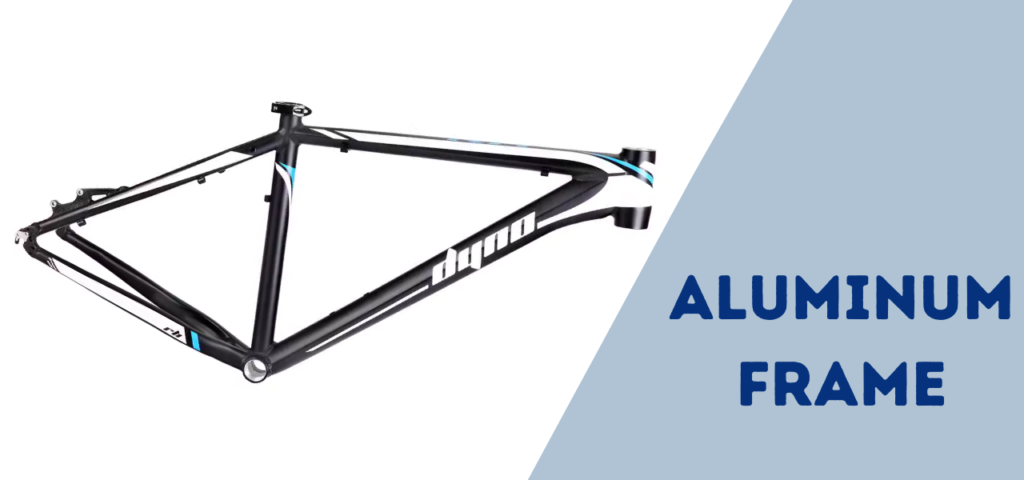
Aluminum Frames: Lightweight but Limited
It is very poorly elastic and stiff, which defines it as light but not hard. The 6061T6 became popular through alloying and heat treatment. The treatment developed its strength; otherwise, without treatment, the strength drops considerably. Smaller manufacturers may be unable to accommodate this process. The 7005 and 7075 alloys are stronger than the others, but the 7075 is really superior.
But aluminum rusts easily, and the more an aircraft flies, the worse the stress compromises strength. And the latest trends toward ultra-thin construction compromise longevity even more.
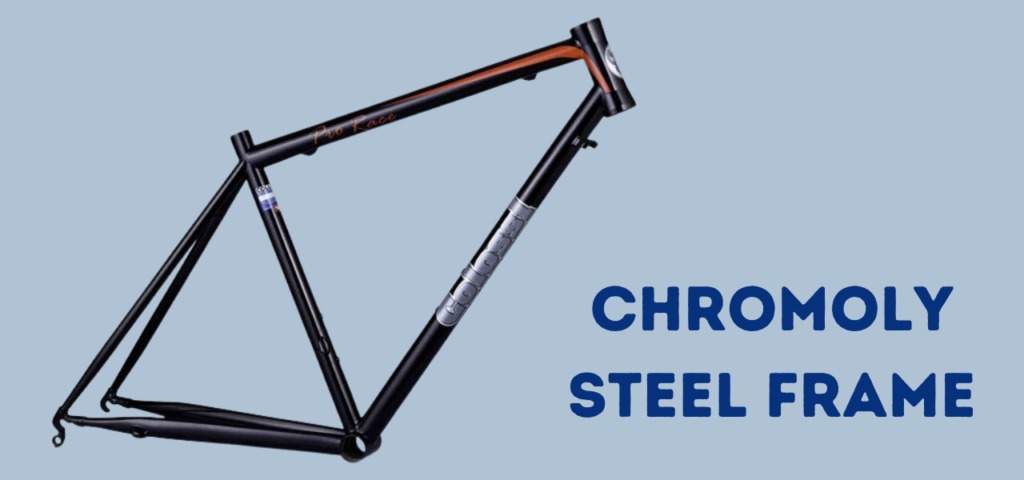
Chromoly Steel Frames: Strong yet Heavy
Chromoly steel frames were once considered the original bicycle frames material. Chromoly has a great deal of rigidity over a seriously long period of time, good shock resistance, and is versatile to fabricate. The sections are easy to weld without subsequent heat treatment, hence less expensive. However, it’s heavier, it rusts without adequate maintenance, and it shows distinct signs of metal fatigue leading to a catastrophic failure of the frame.
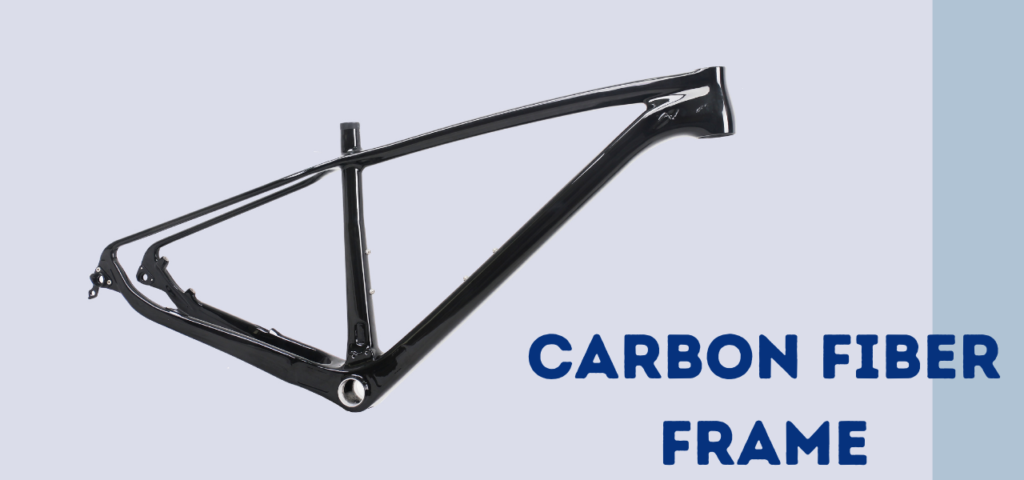
Carbon Fiber Frames: Lightweight but Fragile
Carbon fiber is a composite material manufactured by combining carbon with resins, sometimes glass fibers, or aluminum. It is very strong yet light. The manufacturing process of carbon fiber involves weaving the carbon fibers into a cloth-like structure. Resin is impregnated, cut to shape, and then heat-treated to form the frame. This gives a light, elastic, stable frame with a smooth ride and high comfort. However, it has a soft surface, which often cracks easily under high stress conditions, while some features are of limited supply due to their high prices.
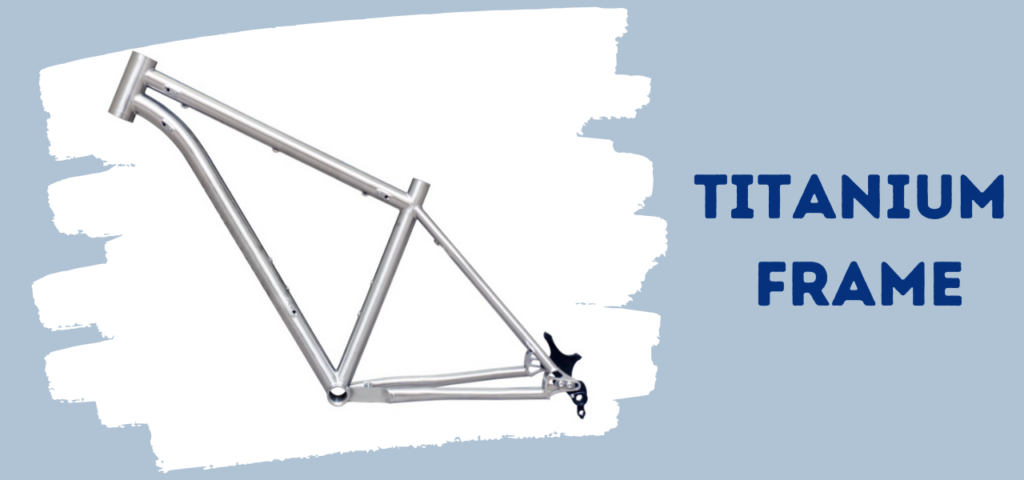
Titanium Frames: The Pinnacle
Titanium frames are as strong as steel but have a 5 times longer fatigue life compared to steel and aluminum, which prolongs the life of the bike. They are very resistant to corrosion, a material of choice in aerospace applications, and are suitable for top-of-the-line bikes.
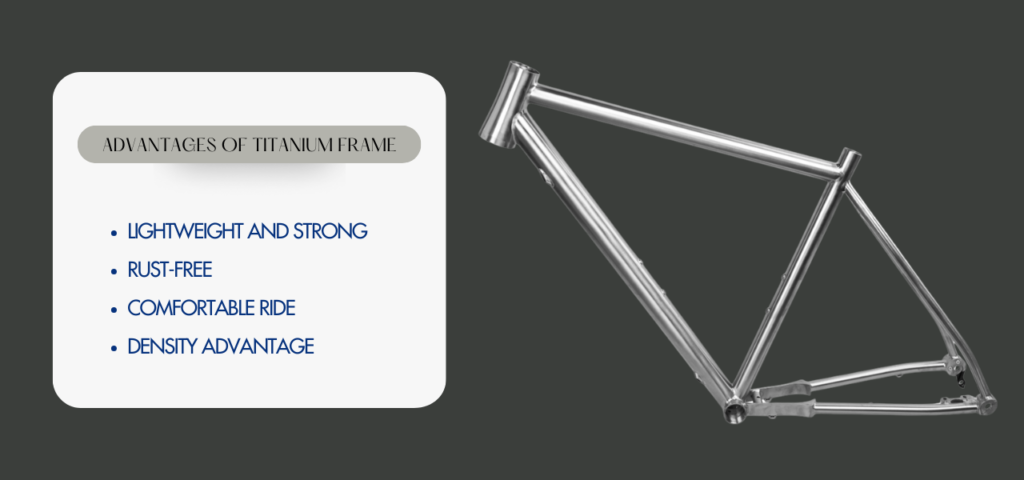
The advantages of titanium are as follows:
1. Lightweight and Strong: When alloyed with aluminum and vanadium, titanium frames can be lightweight but strong, having a greater elasticity compared to aluminum.
2. Rust-free: Titanium is resistant to corrosion and, therefore, never loses its pretty face.
3. Comfortable Ride: Titanium frames assure a great ride, especially for long-distance riding.
4. Density Advantage: Having a density of 60% of steel makes titanium much better in this respect compared to aluminum.
In summary, with strength comparable to the best, low density, and superior durability, titanium frames are indeed the ultimate of bicycle frames and, therefore, very suitable for competition and leisure cycling.





